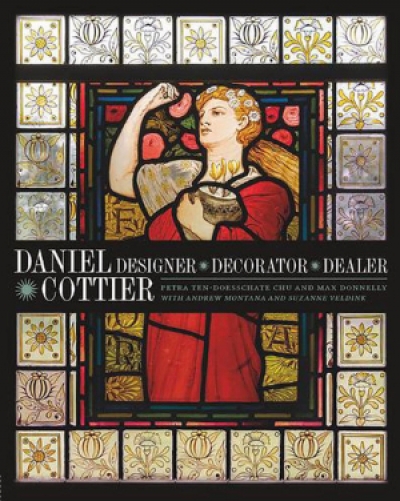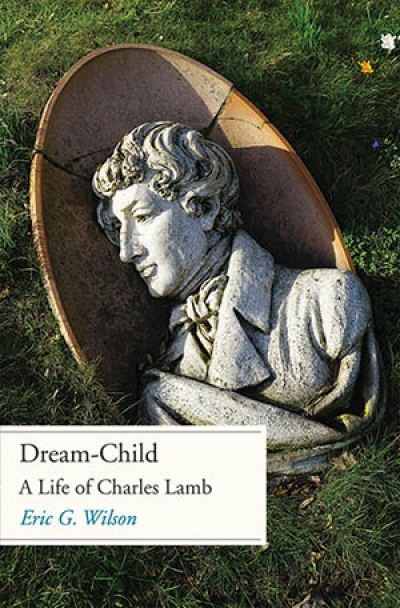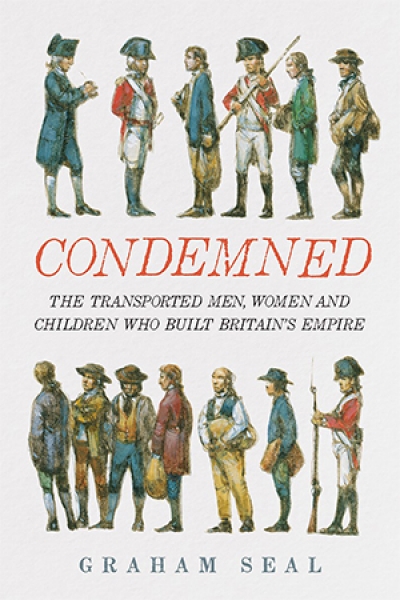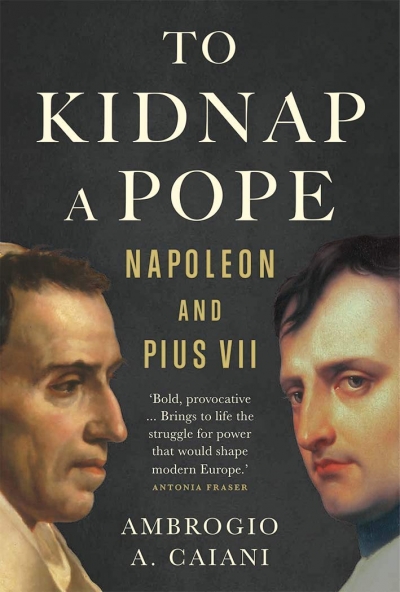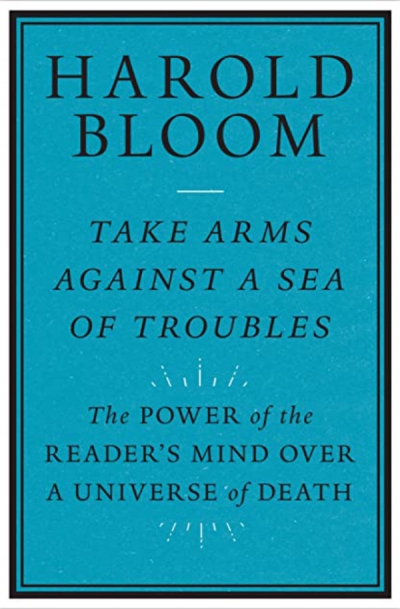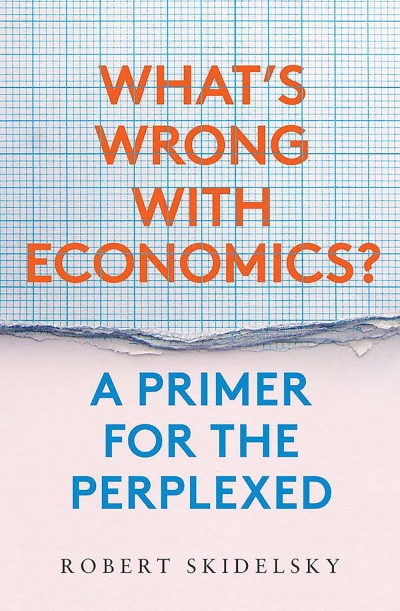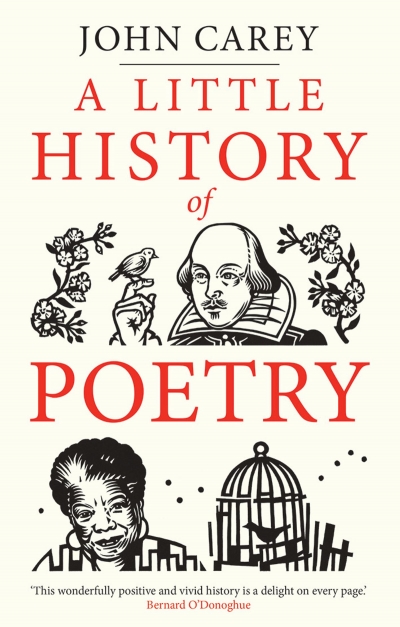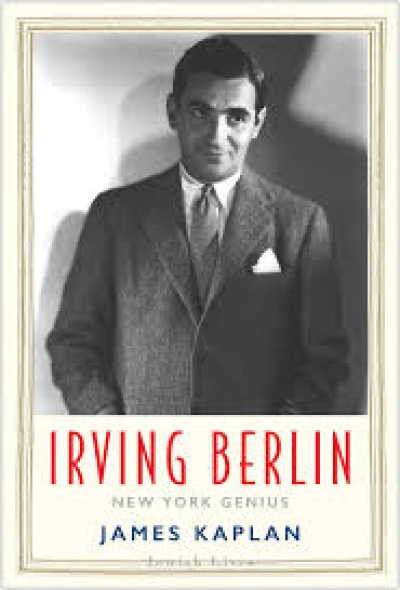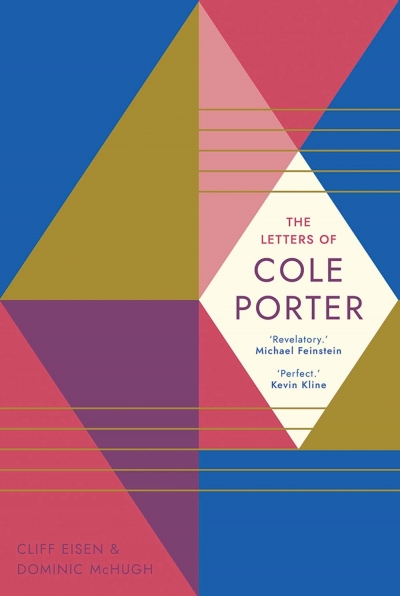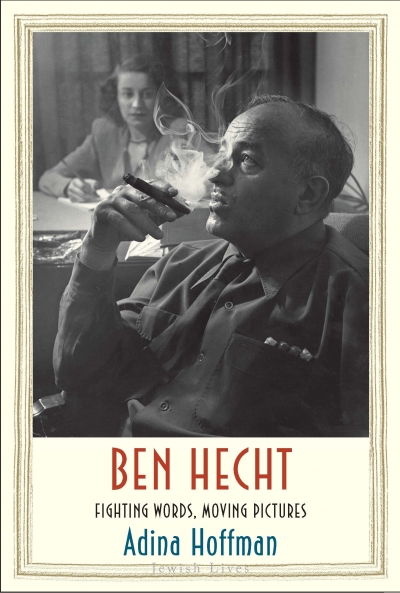Yale University Press
Daniel Cottier: Designer, decorator, dealer by Petra ten-Doesschate Chu and Max Donnelly, with Andrew Montana and Suzan Veldink
by Matthew Martin •
Condemned: The transported men, women and children who built Britain’s empire by Graham Seal
by Seumas Spark •
To Kidnap a Pope: Napoleon and Pius VII by Ambrogio A. Caiani
by Miles Pattenden •
Take Arms Against a Sea of Troubles: The power of the reader’s mind over a universe of death by Harold Bloom
by James Ley •
What’s Wrong with Economics?: A primer for the perplexed by Robert Skidelsky
by John Tang •
The Letters of Cole Porter edited by Cliff Eisen and Dominic McHugh
by Paul Kildea •
Ben Hecht: Fighting words, moving pictures by Adina Hoffman
by Aaron Nyerges •

